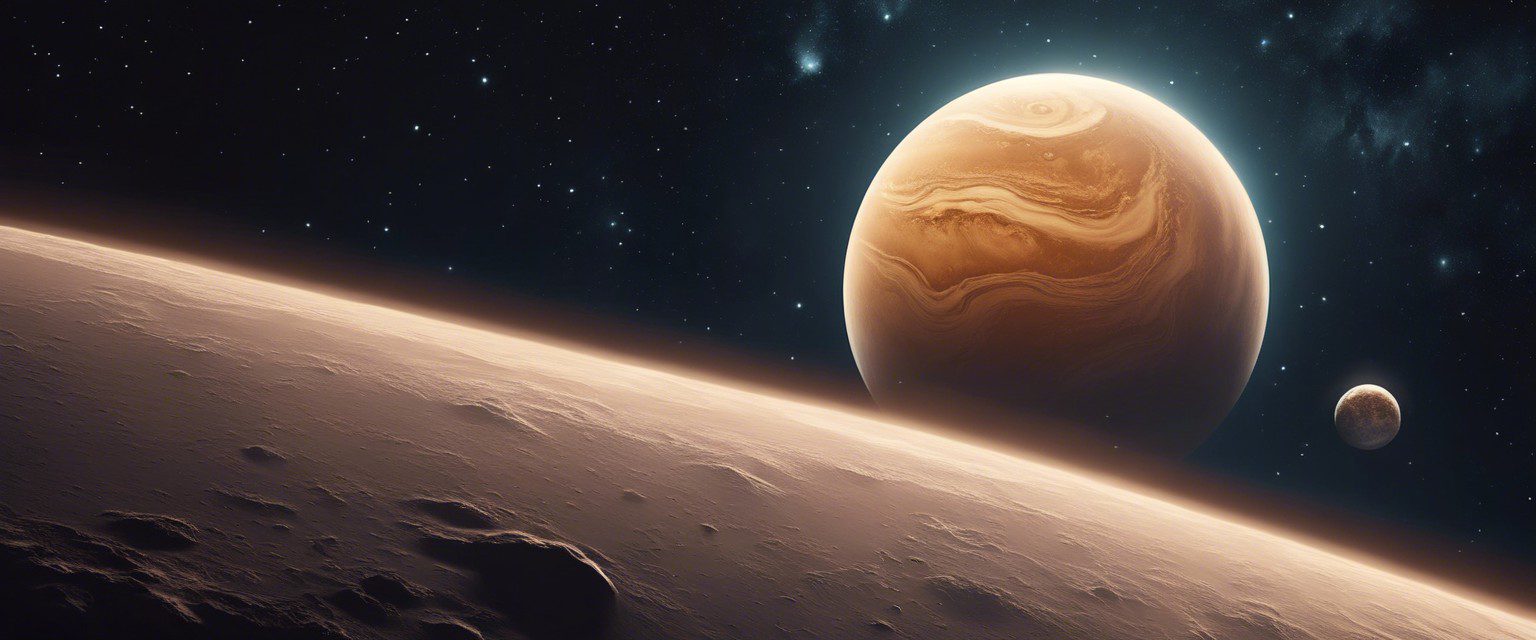India’s space agency, the Indian Space Research Organisation (ISRO), has unveiled plans to send a satellite to Venus in 2028. This ambitious mission is part of India’s growing efforts to explore the solar system, including studying the Moon and Mars, with the program’s total budget standing at $147.1 million.
The Venus mission represents one of two recently approved by the Indian government. The second major mission, Chandrayaan-4, is set to retrieve lunar samples and return them safely to Earth, marking a significant leap in India’s space exploration.
India’s previous ventures into space have been notable. The country launched three missions to the Moon in the Chandrayaan series, occurring in 2008, 2019, and 2023. Last year’s Chandrayaan-3 probe made history as the first mission to successfully land on the Moon’s south pole, placing India in an elite group of countries that have achieved this feat. India has also reached Mars with its 2014 Mars Orbiter Mission.
“India’s planetary exploration program is driven by comparative planetology to study the similarities and differences between planets and natural satellites, as well as exploring the diversities of Sun-planet interactions,”
ISRO explained in an official statement. The upcoming Venus mission is expected to provide unprecedented scientific data. While earlier probes have focused on limited areas such as the south polar region or the equatorial belt, ISRO’s satellite aims to offer comprehensive global coverage.
“Despite numerous space missions globally, Venus retains its enigma,”
ISRO added, highlighting the importance of further exploration of the planet.
The Venus mission’s primary goal is to place a satellite in orbit to collect critical data on the planet’s climate, atmospheric composition, and any potential volcanic or seismic activity. Over a period of five years, the satellite will study the thick cloud layers that surround Venus. This data will contribute significantly to a better understanding of one of the solar system’s most mysterious planets.
To carry out this mission, ISRO will deploy its heavy-lift Launch Vehicle Mark 3 (LVM-3), a robust rocket capable of carrying large payloads into space. This launch vehicle will transport 19 different payloads, a mix of both Indian and international scientific instruments, designed to support a wide range of research goals.
In addition to advancing India’s space research, the mission is expected to have a broader impact. ISRO highlighted that
“This ambitious mission is expected to create significant employment opportunities, foster skill development, and drive technological advancement in India.”
The program is poised to generate new jobs in the fields of science, engineering, and technology, supporting both economic growth and national innovation.
India’s space ambitions do not stop at Venus. The next Chandrayaan mission, Chandrayaan-4, is scheduled for 2029 with a budget of approximately $250 million. This mission will push India’s lunar exploration capabilities even further, aiming to collect samples from the Moon’s surface and return them to Earth without contamination. The sample-return mission is seen as a critical step in lunar research and international cooperation.
Beyond these upcoming missions, India’s space program is expanding in other ways. In a recent announcement, Prime Minister Narendra Modi revealed plans for the Bharatiya Antariksh Station (BAS), which will be India’s first space station. This space station is part of India’s broader Gaganyaan human spaceflight initiative. Furthermore, a manned mission to the Moon is planned for 2040, showcasing the long-term vision of India’s space agency.
The Gaganyaan mission, expected to send its first crew into space by next year, will further establish India’s position in the realm of human space exploration. This will be a major milestone in the country’s journey towards becoming a key player in space research, especially as nations across the globe intensify efforts to explore and even colonize extraterrestrial bodies.
India’s foray into Venus, along with its lunar and Mars missions, positions the country as a rising power in space exploration. Each successful mission strengthens its reputation, not only as a country capable of achieving complex space endeavors but also as one contributing valuable data and scientific progress to the global space community.
The future looks promising for India’s space program, with upcoming ventures like the Chandrayaan-4 mission and the manned Moon mission. These projects underline the country’s growing technical expertise, its commitment to advancing space research, and the economic benefits that come with the development of high-tech industries.

















